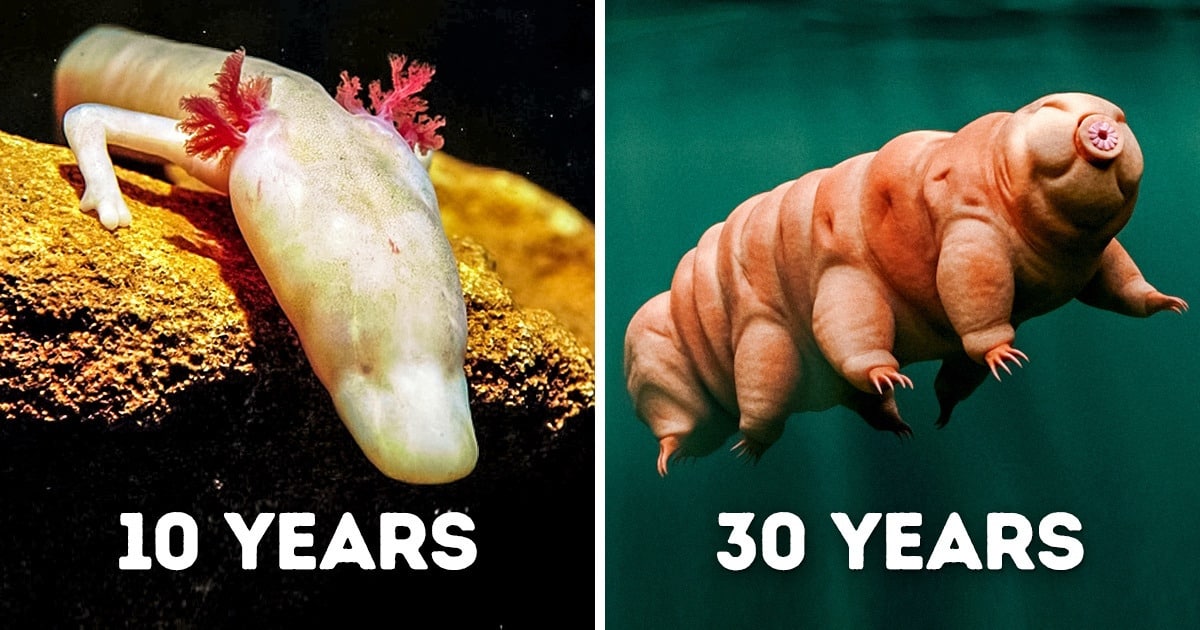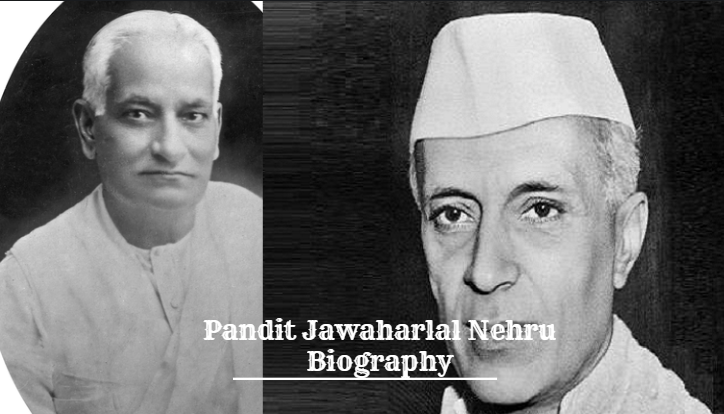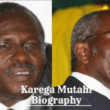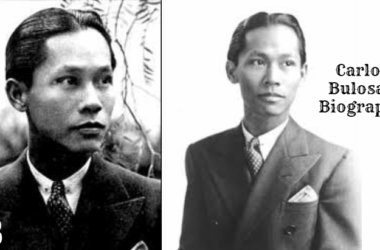Pandit Jawaharlal Nehru, often referred to simply as Nehru, was a central figure in India’s struggle for independence and its subsequent development as a modern nation.
This article explores his life, achievements, net worth and legacy.
Pandit Jawaharlal Nehru Biography
| Detail | Information |
|---|---|
| Real Name | Jawaharlal Nehru |
| Date of Birth | 14 November 1889 |
| Date of Death | 27 May 1964 |
| Religion | Hindu |
| Net Worth | 200 crores (in 1947, donated 98% to govt) |
| Education | Harrow School, Trinity College, Cambridge |
| Political Party | Indian National Congress |
| Position | First Prime Minister of India |
| Father | Motilal Nehru |
| Mother | Swarup Rani Thussu |
| Siblings | Vijaya Lakshmi, Krishna Hutheesing |
Jawaharlal Nehru, a name synonymous with India’s freedom struggle and its post-independence growth, was a visionary leader. As the first Prime Minister of India, his policies and initiatives laid the foundation for the country’s modern development. This biography delves into his life, contributions, and the legacy he left behind.
Early Life and Education
Born on 14 November 1889 in Allahabad, British India, Nehru came from a prominent Kashmiri Pandit family. His father, Motilal Nehru, was a distinguished lawyer and an influential political leader. His mother, Swarup Rani Thussu, was from a well-known Kashmiri family. Nehru was the eldest of three children; his sisters Vijaya Lakshmi and Krishna Hutheesing also made significant contributions in their respective fields.
Nehru received his early education at Harrow School in England and later attended Trinity College, Cambridge. He trained in law at the Inner Temple in London, becoming a barrister. However, his passion for India’s independence led him to politics, steering him away from a legal career.
READ ALSO – Sisa Ngebulana Biography: Tribe, Skin Bleaching, House, Birthday
Political Career Beginnings
Nehru’s political journey began in earnest when he joined the Indian National Congress. Influenced by Mahatma Gandhi, Nehru embraced the fight for India’s freedom. By the 1920s, he had become a prominent figure within the Congress, advocating for complete independence from British rule.
As Congress President in 1929, Nehru was instrumental in the declaration of Purna Swaraj, or complete independence, which set the stage for India’s freedom movement. His leadership during the 1930s solidified his position as Gandhi’s political heir.
Role in Indian Independence
The 1930s and 1940s were tumultuous for India, with the freedom struggle reaching its zenith. Nehru played a crucial role during this period, leading the Congress and working closely with Gandhi. Despite facing imprisonment multiple times, his resolve remained unshaken.
In the provincial elections of 1946, the Congress, under Nehru’s leadership, emerged victorious. This period also saw the rise of the Muslim League under Muhammad Ali Jinnah, which eventually led to the partition of India and Pakistan. Nehru became the interim Prime Minister in 1946, steering the nation towards independence.
First Prime Minister of India
On 15 August 1947, India achieved independence, and Nehru was sworn in as the first Prime Minister. His iconic “Tryst with Destiny” speech marked the beginning of a new era for India. Nehru’s leadership was instrumental in shaping the newly independent nation’s political and economic landscape.
Key Policies and Reforms
Nehru’s tenure as Prime Minister was marked by significant reforms. He championed parliamentary democracy, secularism, and scientific progress. His policies aimed at modernizing India’s economy and society, including land reforms, industrialization, and the promotion of education and healthcare.
One of Nehru’s most notable contributions was the establishment of the Non-Aligned Movement, which positioned India as a neutral force during the Cold War. This movement reflected Nehru’s vision of a peaceful world order and his commitment to global cooperation.
Nehru’s Legacy
Nehru’s legacy is multifaceted. He is often referred to as the “Architect of Modern India” for his efforts in building a strong, unified nation. His vision for India as a secular, democratic, and progressive country continues to influence its policies and development.
Under Nehru’s leadership, the Indian National Congress became a dominant political force, winning elections in 1951, 1957, and 1962. His approach to governance and development set the stage for India’s growth and stability in the years to come.
Personal Life
Nehru’s personal life was as dynamic as his political career. He was married to Kamala Nehru, with whom he had a daughter, Indira Gandhi. Indira would later follow in her father’s footsteps, becoming India’s first female Prime Minister. Nehru’s close relationship with his family, especially his daughter, played a significant role in his life.
Literary Contributions
Apart from his political achievements, Nehru was a prolific writer. His books, written during his imprisonment, are considered classics. “Letters from a Father to His Daughter,” “An Autobiography,” and “The Discovery of India” provide deep insights into his thoughts, ideals, and vision for India.
Death and Posthumous Recognition
Pandit Jawaharlal Nehru passed away on 27 May 1964, from a heart attack. His death marked the end of an era, but his contributions continued to inspire future generations. Nehru’s birthday, 14 November, is celebrated as Children’s Day in India, honoring his love for children and education.
FAQs
1. What was Jawaharlal Nehru’s real name? Jawaharlal Nehru’s real name was indeed Jawaharlal Nehru. He is also commonly referred to as Pandit Nehru.
2. What was Nehru’s religion? Nehru was a Hindu by religion.
3. When was Jawaharlal Nehru born? He was born on 14 November 1889.
4. What was Nehru’s net worth? In 1947, Nehru’s net worth was approximately 200 crores, but he donated 98% of his wealth to the Indian government.
5. What is Nehru’s legacy? Nehru is remembered as the “Architect of Modern India,” known for his efforts in building a secular, democratic, and progressive nation.
Pandit Jawaharlal Nehru’s life and legacy continue to resonate in contemporary India, embodying the principles of democracy, secularism, and progress. His contributions have left an indelible mark on the nation’s history and future trajectory.







